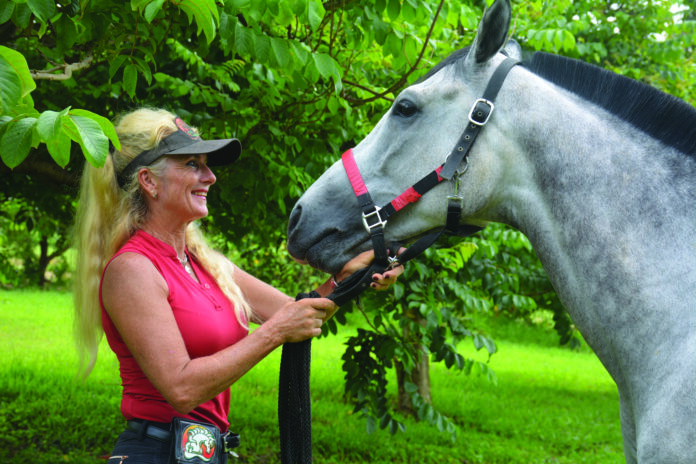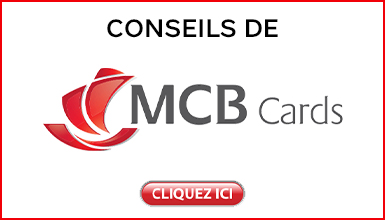“I ride every day. I’m never sick, because I’m happy when I’m riding. “, says Stéphanie Jauffret, the co-owner and co-founder of Cavalia. She presents the virtues of horseback riding for management, child development and the treatment of physical and mental disorders.
“A horse’s first qualities are kindness and patience. Horses don’t lie, they don’t judge their riders and they always give them a second chance… The main reason we are attracted to them is our need for nature. With modern life, we too often forget to feel the air we breathe in our lungs… Horses live in the present and help us to reinvest it: to ride is to be alive in the here and now. Horses heal us from human frenzy and the malaise we create for ourselves on a daily basis.
While horses don’t have the analytical intelligence of humans, they do have a much more highly-developed emotional intelligence… Their reactions respond to the actions and state of mind of their human partner. Like other animals, for example, it senses the adrenaline surges of an anxious or over-excited rider… “When you’re with a horse, you have to be aware of your partner’s state of mind. When you’re with a horse, it ends up reconciling you with yourself by reflecting back on who you are and what you’re doing with it. We offer equi-management sessions for leadership training. The horse will, for example, show the “little boss” that he has a bad attitude, or that it’s no use spitting all the time. In these sessions, where the participants don’t necessarily ride, the horse is a vector that holds up a mirror to the person at his or her side. Step by step, the participant learns the seven steps to establishing a relationship of trust with the horse. After a theoretical presentation, we move on to the riding arena, where I translate and explain the animal’s reactions, deciphering its language and physical behavior.
The magic of this human-horse relationship also lies in the fact that, faced with this beautiful animal so imposing and majestic, the little biped will end up taking a different look at himself… He doesn’t have to love horses in this training, but he will learn rules of behavior that will help him in social life. “A horse knows right away if you’re calm or angry when you arrive. He reads you. The relationship you can establish with him helps you to reconnect with yourself, or better still: to connect with the best part of yourself!”
Riding is an extraordinary relaxant for the body. Correctly practiced, it solves many back problems, thanks to the helical movements of the pelvis and lumbar vertebrae, at walking pace, which soften the joints. Riding strengthens the abdominal muscles, including the deep ones, as well as the back muscles. Overall, body control on horseback enhances physical balance. You don’t guide a horse with reins and whip alone, you communicate with it using your whole body: your body weight, each leg, each hand, your voice… Communicating with an animal also requires you to let go and give it your trust.
“Horses are great educators! When you entrust a pony or a horse to a child, you give him a responsibility. He spends the first half-hour in the stable, taking care of it. Depending on the child’s level of learning, he or she brushes it, cleans its hooves, grooms it, puts on the saddle… Riding lessons teach basic rules, safety, discipline, respect for animals and so on. In this relationship, we learn to be fair and measured. An introverted child who learns to “take the reins” with his pony will develop self-confidence and self-esteem. I often hear from parents who tell me that their child is more fulfilled, less shy. I leave you to imagine what happens in reverse to the little tyrant who lectures everyone and is only too happy to have a riding crop… The pony is an extraordinary teacher, and the relationship he establishes with the child is a wonderful adventure.”
We could listen to Stéphanie for hours. She also tells us about the equitherapy sessions she has developed with Lisette Mohit, psychologist and rider. “Equitherapy is an invaluable aid for people with physical disabilities. Someone in a wheelchair becomes a centaur when he’s on horseback! He finds not two but four legs. For the mentally handicapped, it’s important to understand that the horse welcomes everyone as they are, with an open heart. I realized this when I first started out in France, the day I listened behind the door of a stall and heard the first words of an autistic child, whose voice we didn’t yet know… He had felt at ease with the pony and spoke to him in his own way…”.





